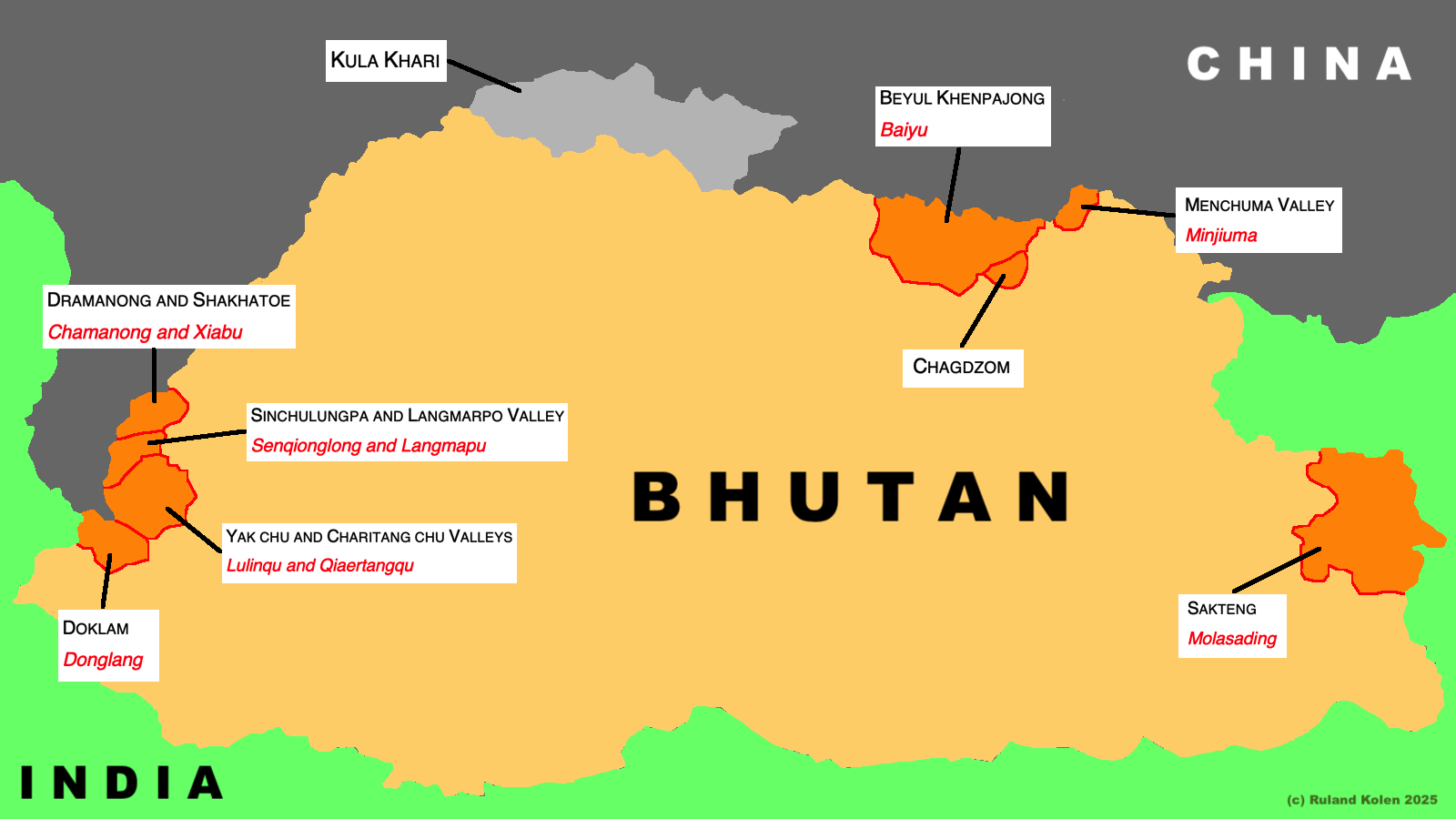Behind Google’s Standoff with China

While there have long been global qualms about China’s record on human rights, very little of that outcry has come from the world’s richest and most powerful. Especially as China has developed into a burgeoning super power. High-profile protests have been few and far between, but with recent developments involving Google, what does it all mean for big business in China?
Until the past few weeks, Steven Spielberg may have been the only real act against China by someone with a net worth exceeding $1 billion. And that was more of a snub than a real outright cry of outrage. But the recent faceoff between the world’s emerging superpower and (arguably) its most pervasive corporate force (not to mention the world’s foremost proprietary eponym) could become a fascinating crossroads in the corporate migration to China.
The standoff emerged following a targeted cyber-attack in December originating from China and resulting in the theft of Google intellectual property. In a statement published on their official blog, Google noted that the attackers were targeting the Gmail accounts of Chinese human rights activists. The company also cited a previous statement made during their 2006 China launch, in which they stated “we will carefully monitor conditions in China, including new laws and other restrictions on our services. If we determine that we are unable to achieve the objectives outlined we will not hesitate to reconsider our approach to China.” This statement and the proceeding vigil at Google China’s corporate headquarters has resulted in the fascinating standoff.
In a January news cycle that has already seen some of the year’s biggest news stories take place, the Google-China battle has managed to float somewhat under the radar. But plenty of analysts and commentators are well aware of the potential long-term ramifications for both the company and the country. Following the cyber attack, Google then delayed the anticipated launch of their Android phone in China. While the Google standoff was initially interpreted as an unprecedented stand against the Chinese government, there has also been word of the decision being sparked more by dollars and cents than any moral imperative.
It’s been noted that Google isn’t necessarily losing a lot of money by pulling out of China. Since its launch in China, Google’s potential in gaining a foothold in the country has been openly questioned. Gaining market share in China has only proven more difficult for Google since the launch. So the company could essentially be looking for an opportune time to cut bait on a market that isn’t working for them. But whatever proceeding events reveal, this giant standoff could go a long way in establishing a precedent for both free speech and globalization. Understandably, the world hasn’t really noticed yet.





